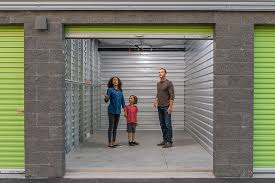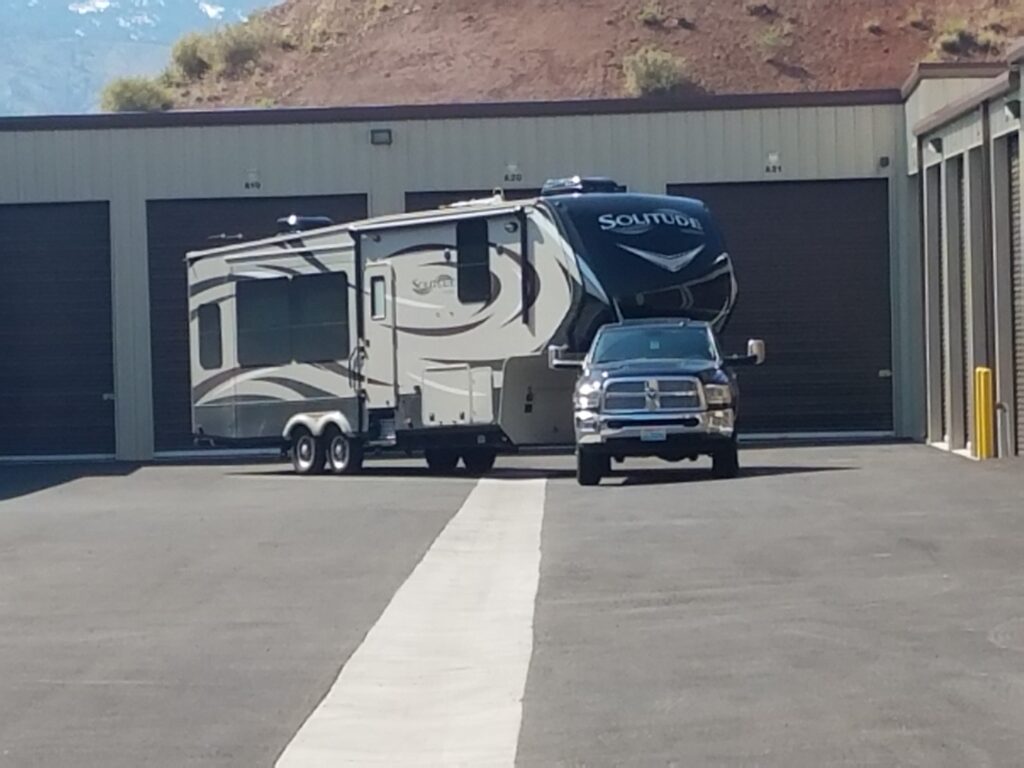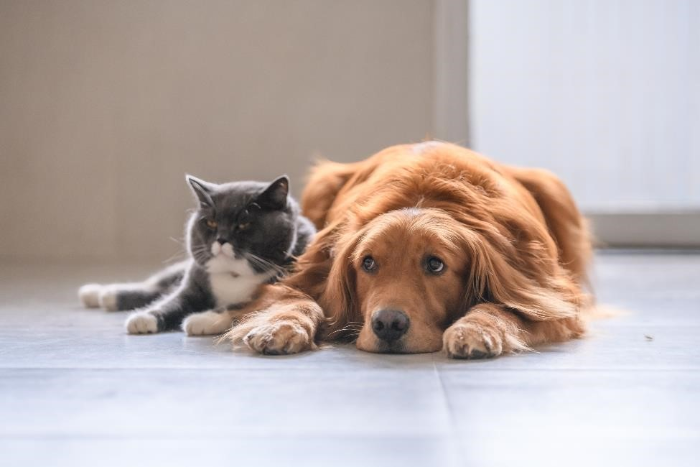
This might sound crazy coming from a storage company, but most people don’t really need to use self-storage as much as they do. You need self-storage when you remodel your house, or are between apartments, or maybe to place your boat away for the winter. Perhaps you need to out away those holiday decorations, skis, sleds, snow tires, or snowmobiles after winter passes. We understand you need us for those reasons, and that is what we are here for.
However, often when faced with more items than you really know what to do with, the best thing you can do is donate them. Placing items you have no plan for into storage often results in paying a storage company more than the value of what you are putting in storage. Realistically, the old bicycle, mattress, sofa, or those unwanted toys is not worth the cost to pay to the storage fees. Get rid of those items and save yourself the money. If you happen to need the bicycle in 4 months’ time, you likely could replace it with a new bicycle with the money you saved by not placing unwanted items into storage to begin with.
This logic applies to that old worn-out chair, the old TV, and the old microwave. Don’t place them in a self-storage unit, Donate them. If you are willing to part with them for 4 months, it is quite likely that not much will change in month 5 that will cause you to need them five months from now anyway.
We often tell costumers who call us to put all the items the want to place into a storage into a room, then, we suggest that they get rid of half of what is in that pile. If costumers do that before they rent the storage unit, they will find themselves money ahead in 6 months’ time.
Yes, we rent storage space for a living. But what we find is that if we are honest with our costumers upfront instead of trying to rent them space they really don’t need, everyone benefits. Customers save money and we as the storage operator have a costumer who knows that we have their best interest at heart.
At Interstate, we succeed when costumers know that we are looking out for them with our gate systems, camera system, alarm systems, relentless maintenance, lock checks and, most of all, in the initial phone call helping them to pick the smallest storage unit they feel they can live with.


